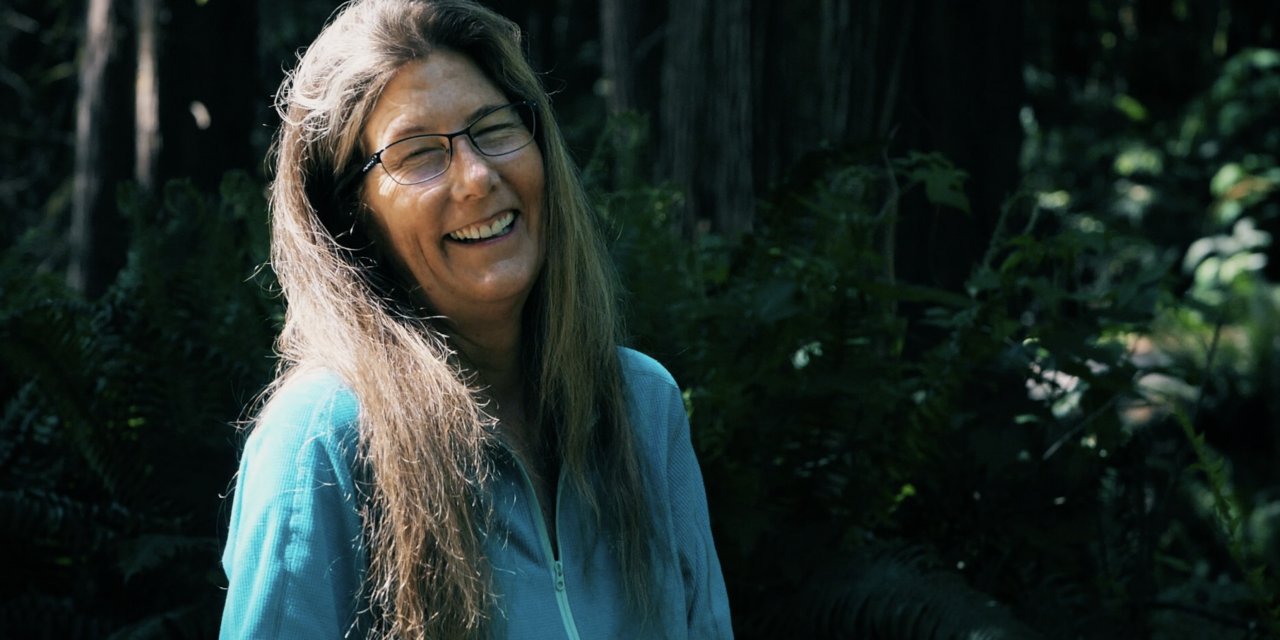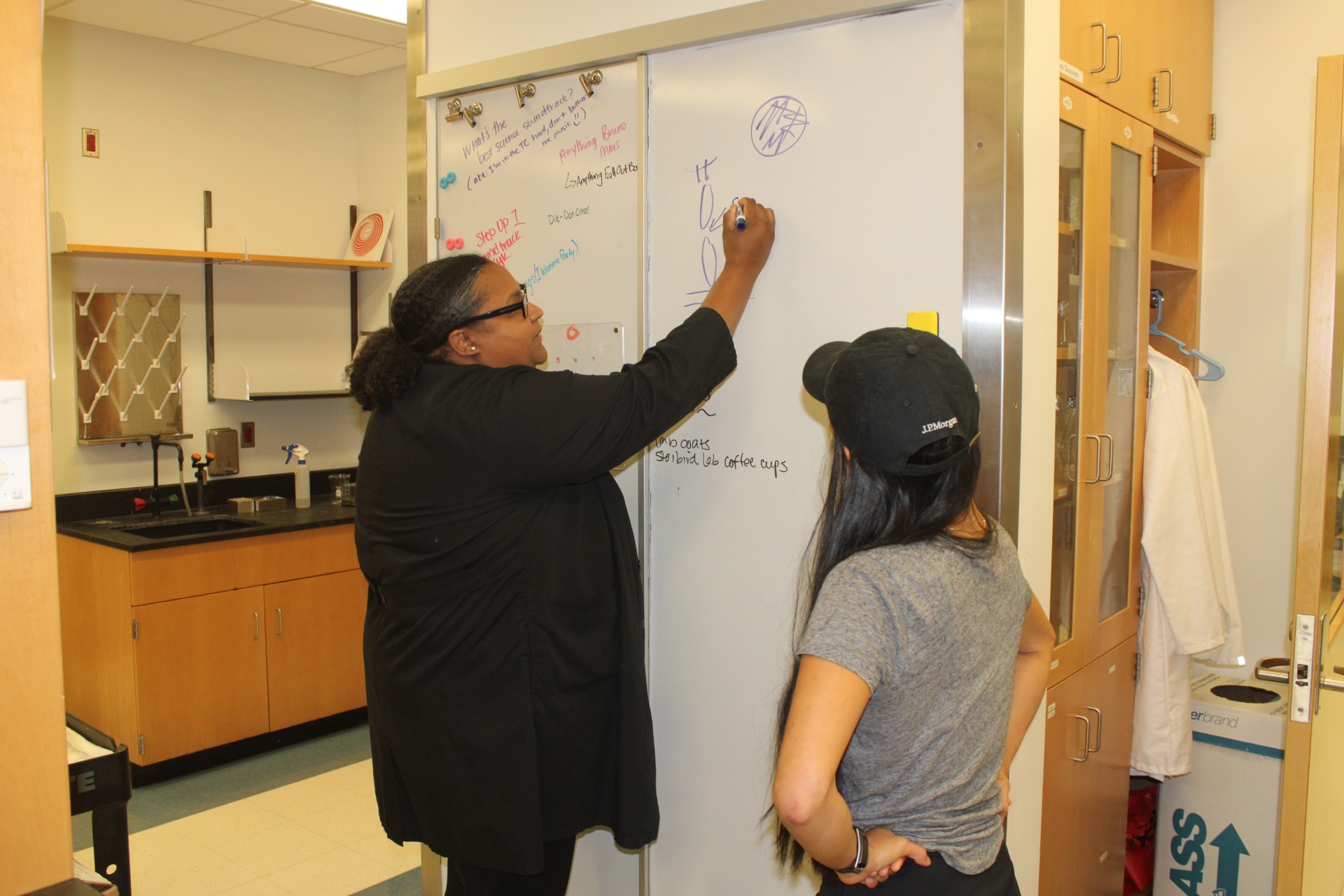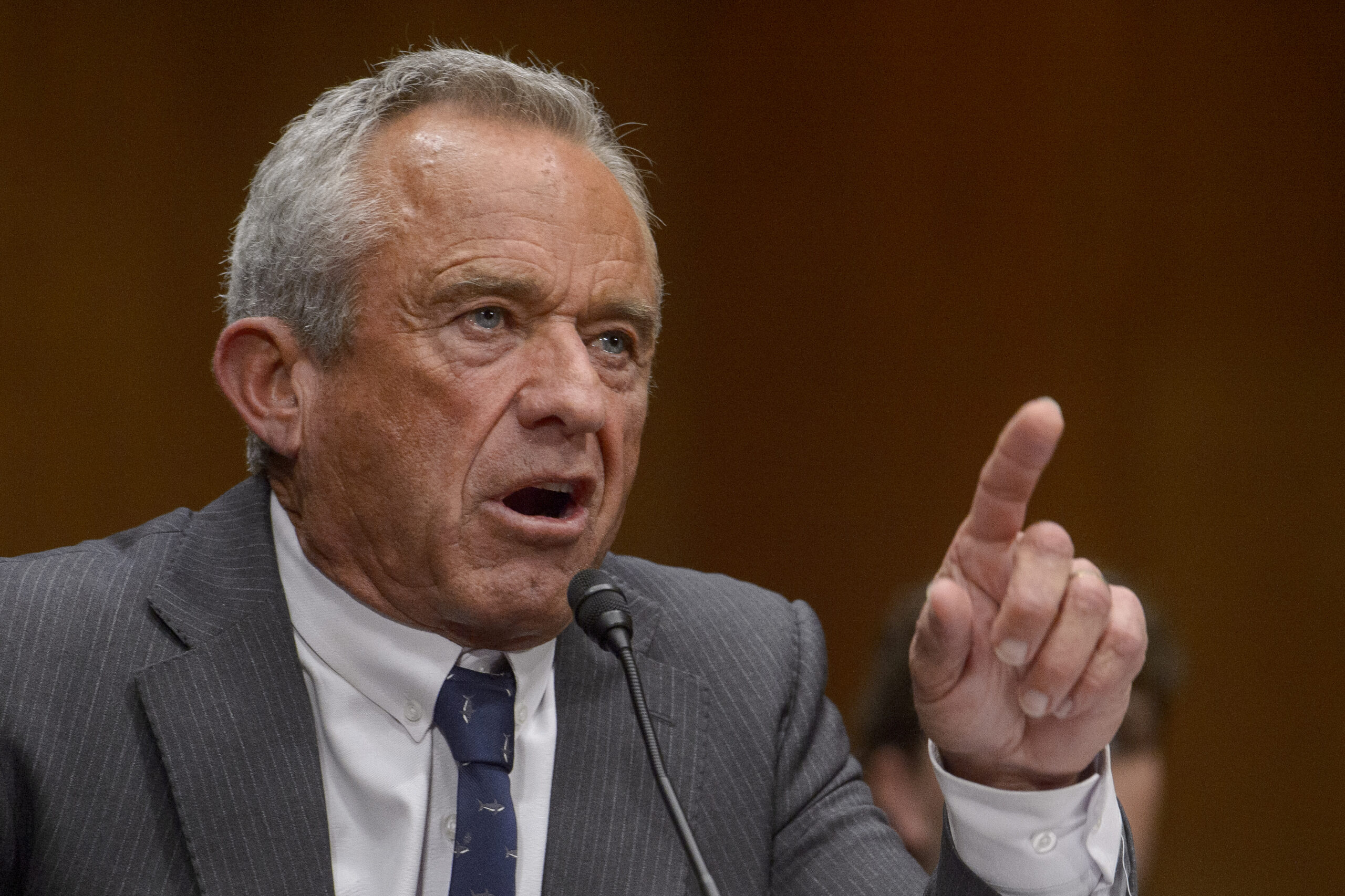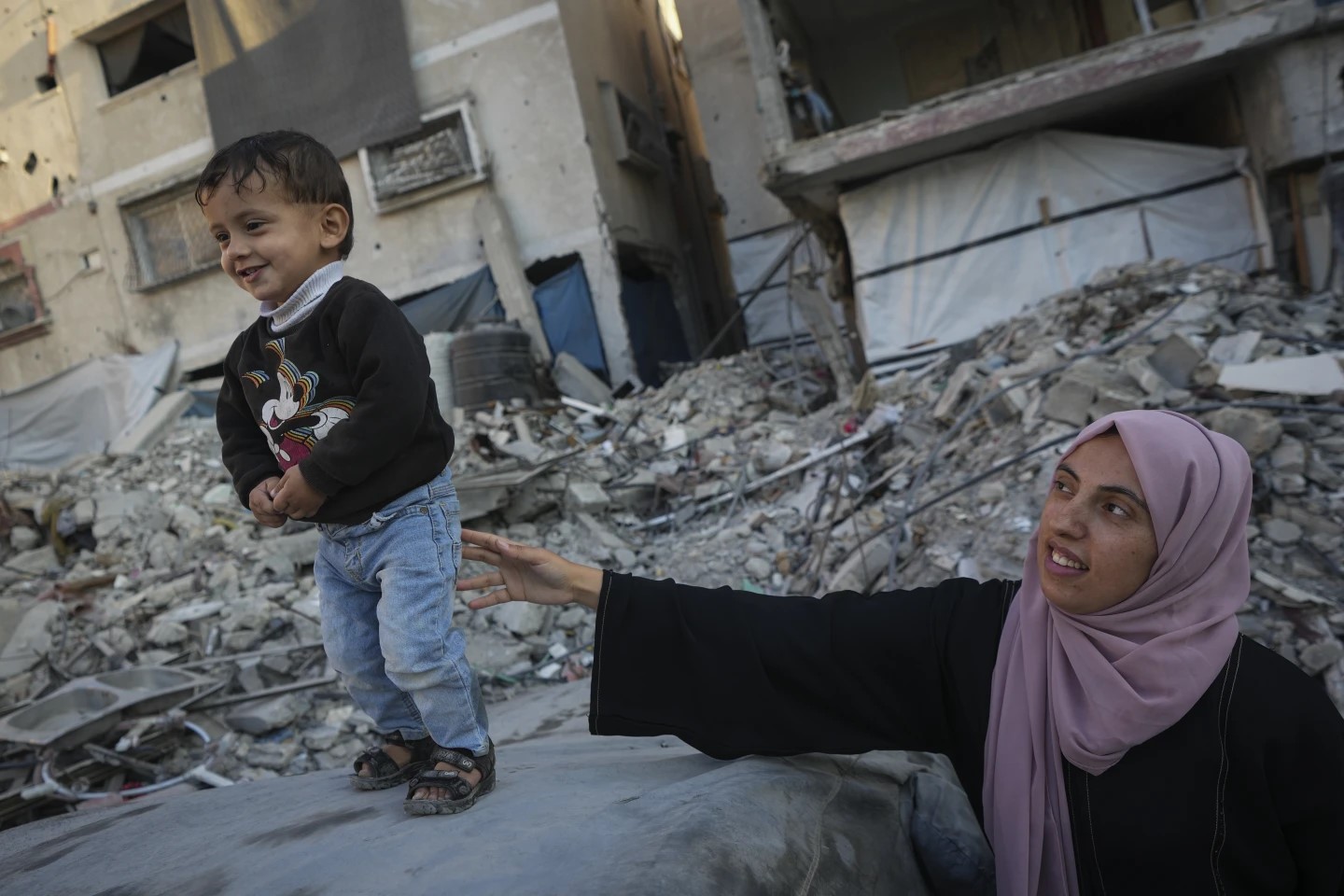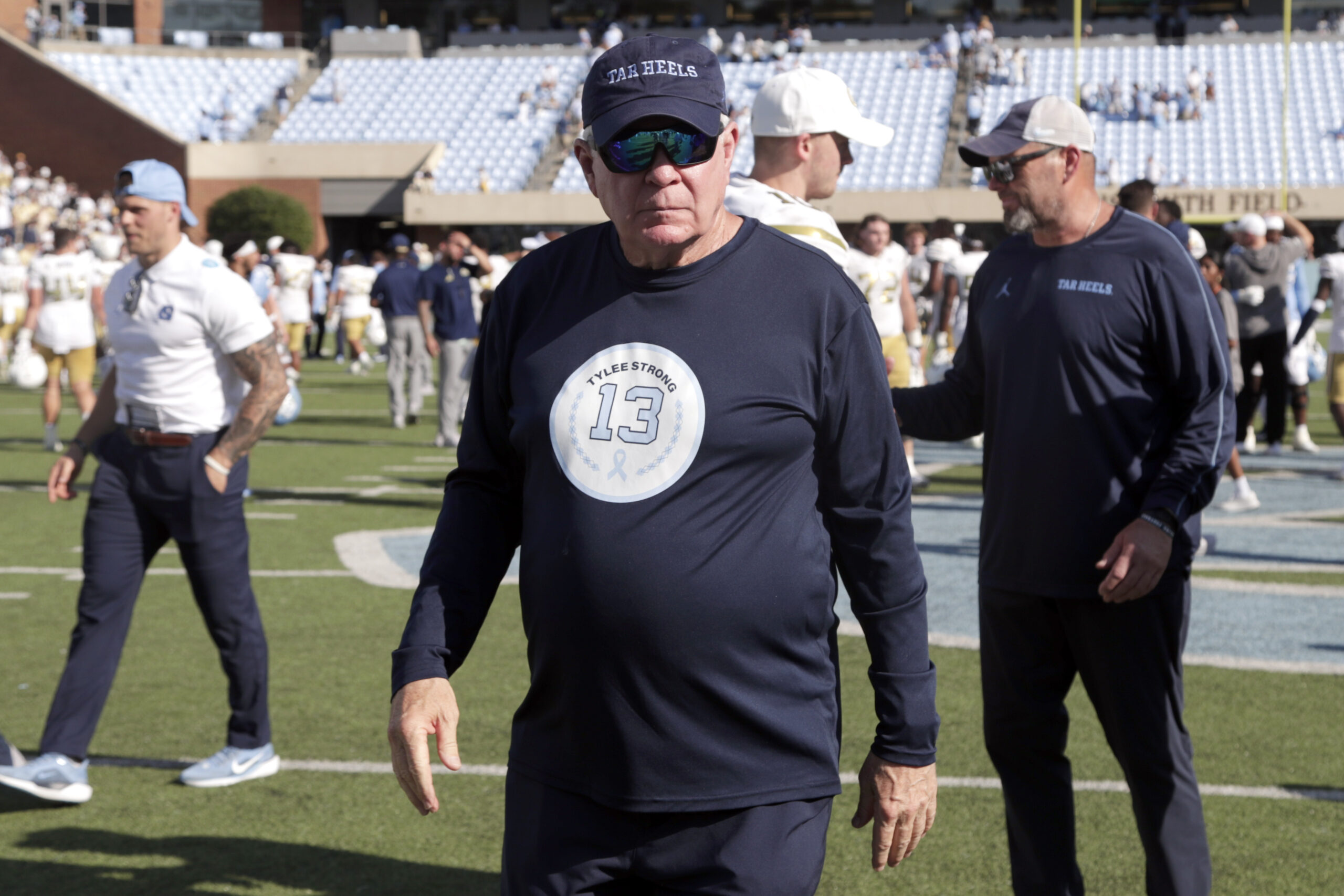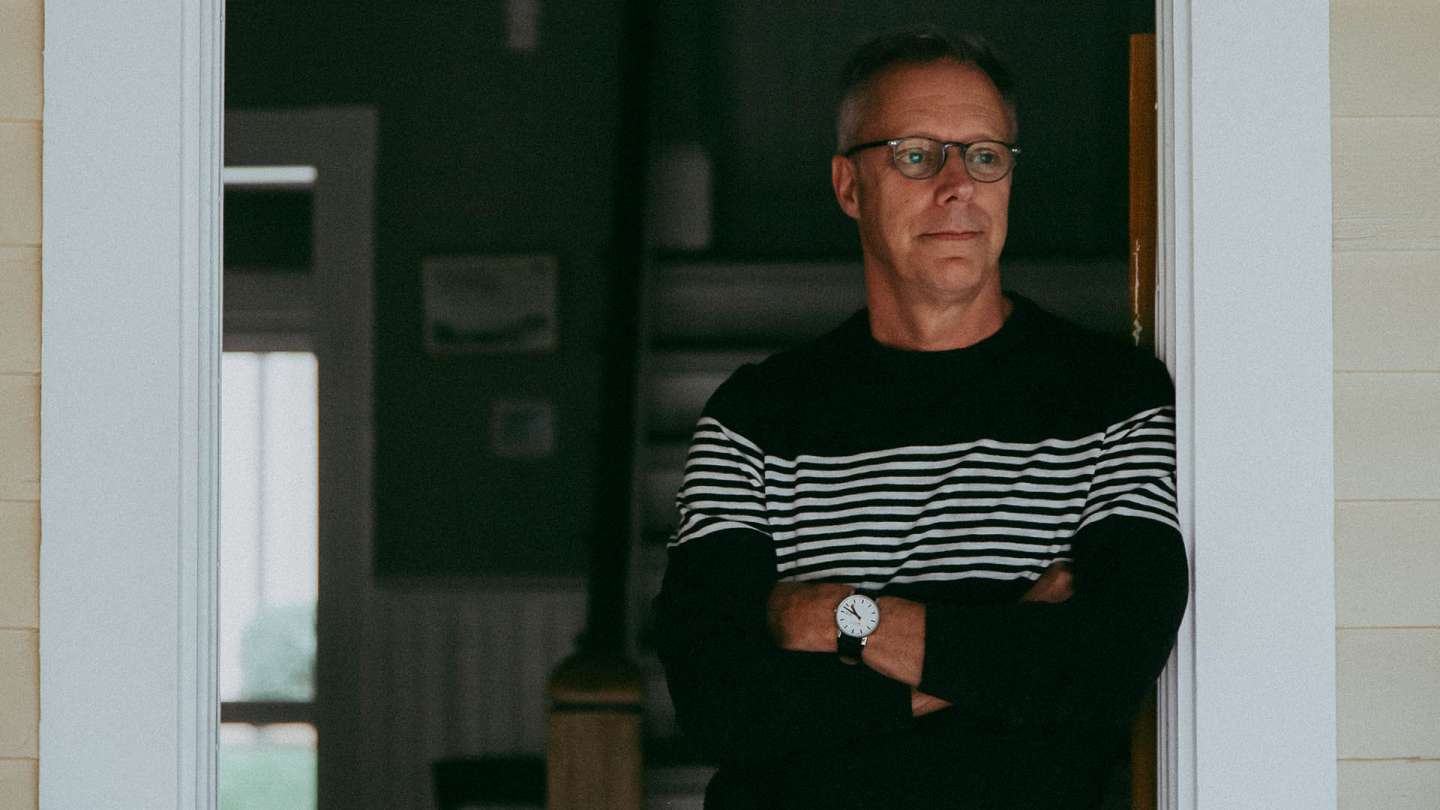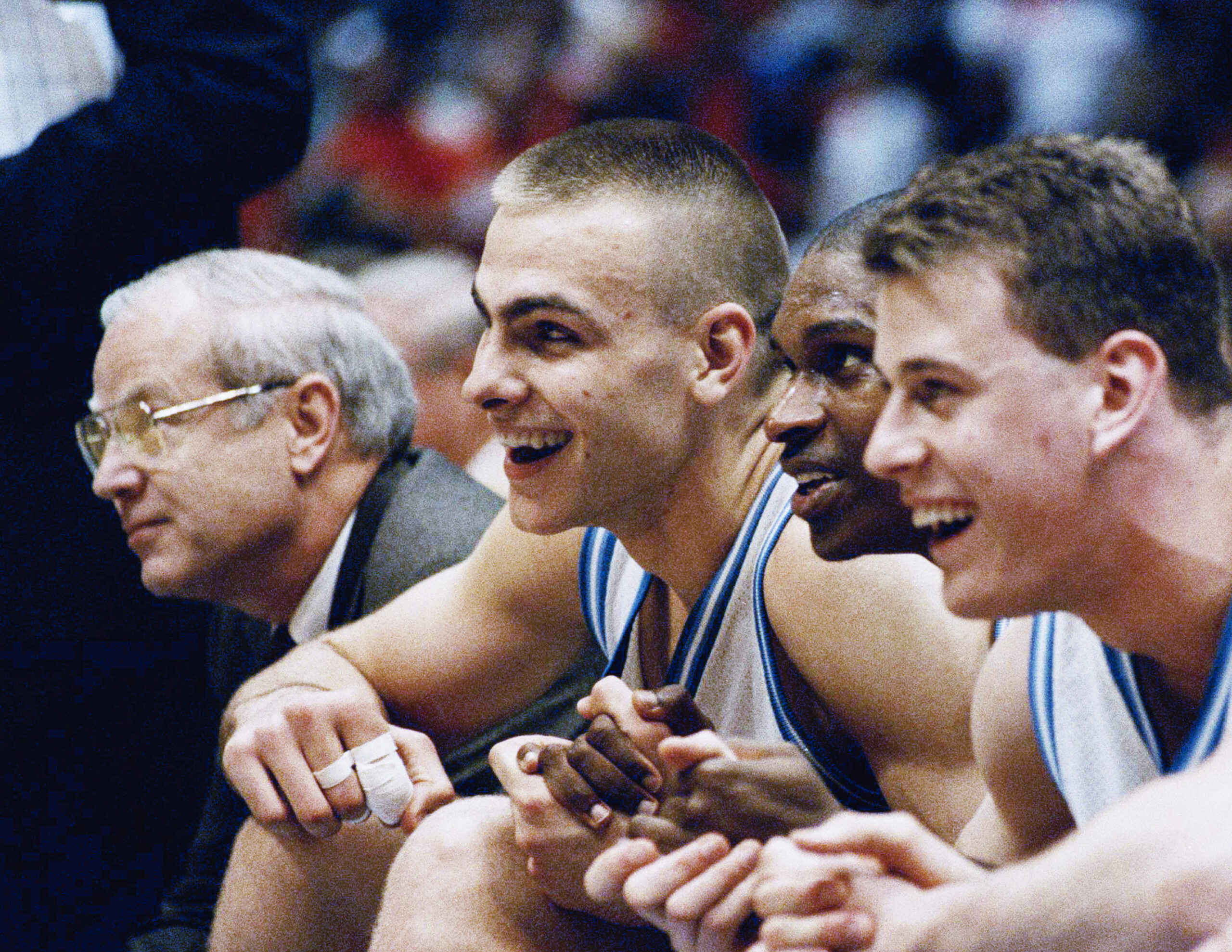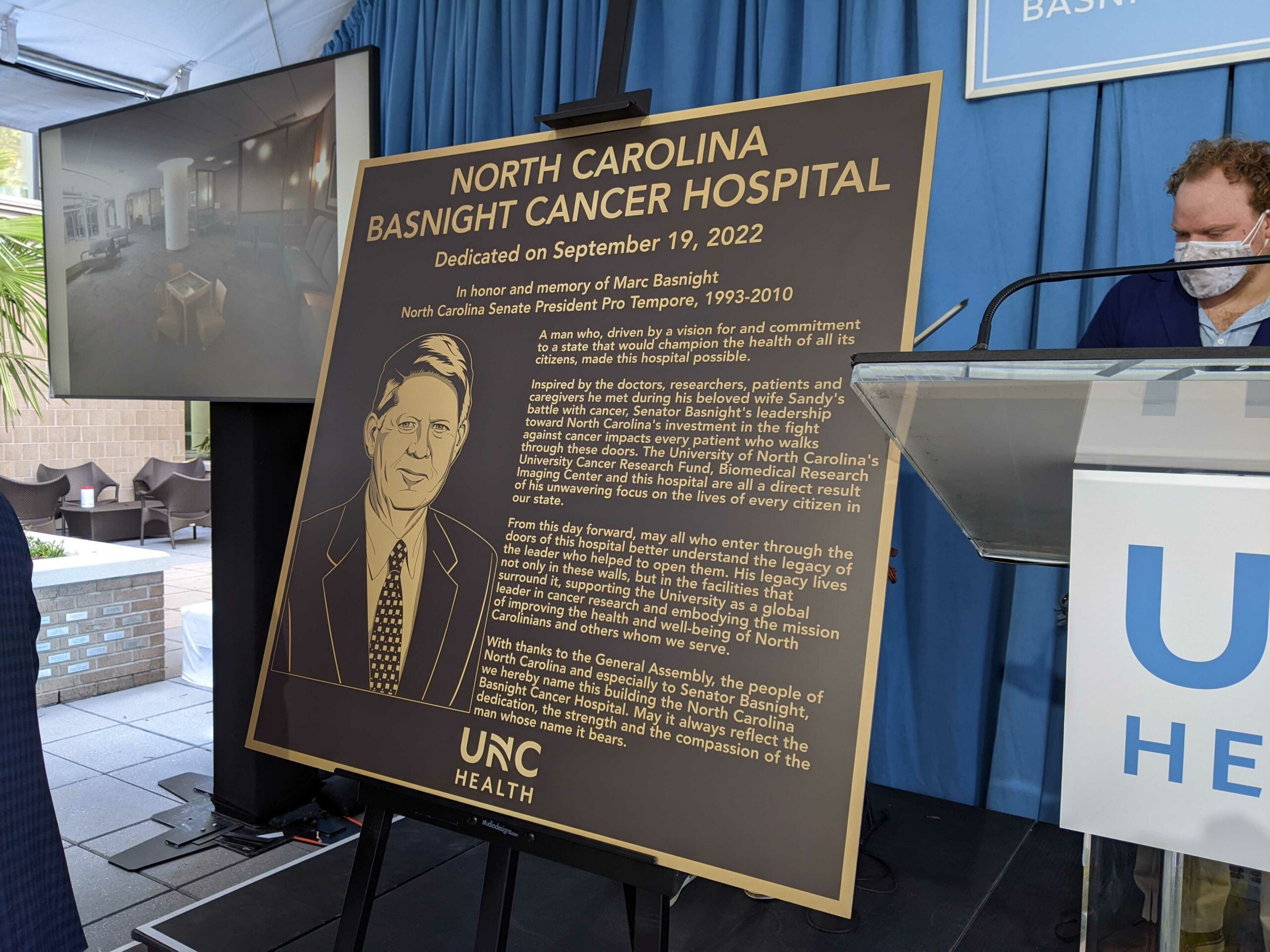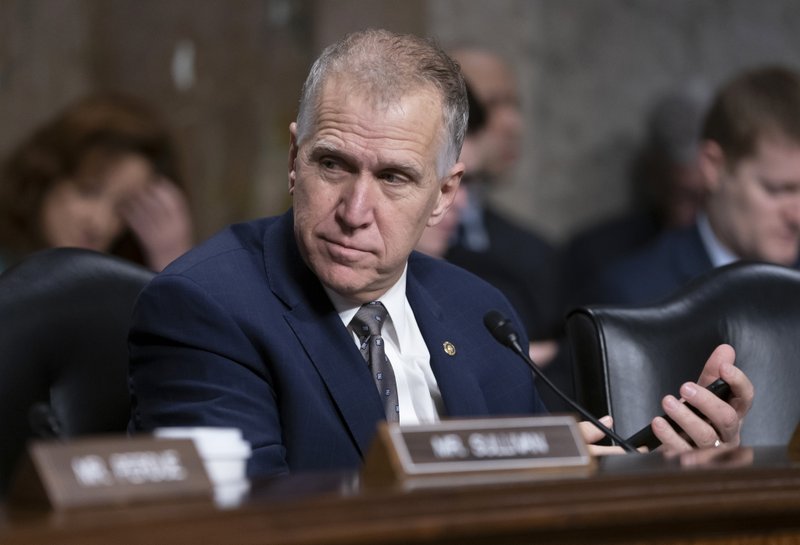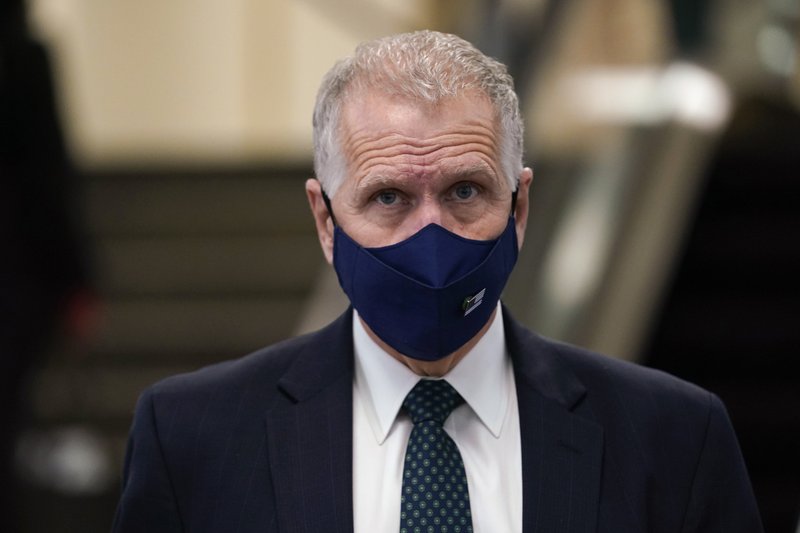My friend Xochi died yesterday.
I’m drinking coffee this morning in a mug she made me from one of her paintings.
We were in the middle of talks for producing a movie on the story of her life. It was a wild ride full of biker gangs, elopement, love, laughter, and cancer.
Earlier this year, I started a 12-part short film series for the Carcinoid Cancer Foundation, a longtime client of mine. Each episode we focus on a different patient around the country suffering from neuroendocrine tumor, or NET — a rare form of incurable cancer that is often misdiagnosed (carcinoid is a type of NET that occurs in the gut).
For the series, we chose to focus on how patients emotionally and psychologically navigate a cancer diagnosis and address themes like family, love and intimacy, career, and friendship.
Xochi’s story was unlike any I’d heard before.
She fled California, and the biker gang she was a member of, with the love of her life, Frank. They needed to start over somewhere new and with a random selection on a map, chose Gig Harbor, Washington. On the first day there, she walked into a bank to open an account and met Ellen, who would handle her banking while becoming her close friend over the next seven years.
In 1999, Xochi was diagnosed with a NET and began treatment, even though the knowledge and treatment options in the US were limited. She and Ellen would discuss her condition and it brought them closer. Ellen retired from the bank in 2006, but their friendship continued. Many years later, Ellen started having symptoms that sounded eerily familiar to Xochi. She pleaded with Ellen to get a scan, which she did, and it came back with news that shocked them both.
Two best friends, in a tiny town in the Pacific Northwest, were both diagnosed with the same rare cancer – one that affects only 0.05% of people in the US.
I flew out to Gig Harbor in May and spent three days with Xochi and Ellen. We walked the entire waterfront, shot gorgeous drone footage with Mt. Rainier peeking out over the horizon, shared dinner and beers with both of their husbands at Tides Tavern, and laughed… a lot.
To say they became friends was an understatement.
This is a strange journey that I’m on — one that I’ve been on quite a bit in my career — where I meet, interview, and tell the stories of people with diseases. It’s very tough for me, because we establish a significant bond. They become friends, but also much more. They allow me (a stranger) deep into their personal lives, which is a special place. But more than that, they allow me (a stranger) the opportunity to tell and share the story of their personal lives to a public audience in order to help me achieve my goal.
On the other hand, I give them something that not many others can.
It wasn’t until my most recent session with my business coach that I realized what this was.
I give them the opportunity to be immortal. The stories that I tell will live on forever.
This is an incredible honor and is not one I take lightly. I take great responsibility in being that person. But once I realized this, I realized why I always seem to mean so much to them.
Here I was, thinking they were doing me the favor (which they were), but I never really understood why they were so happy to have me in their lives. There’s not one person I’ve filmed this year that I haven’t left with a long, sincere hug and a promise to stay in touch. Several of them even sent us gifts when my daughter Bellamy was born. I was a part of their lives and they were part of mine.
We had created a bond that was similar to friends and similar to family even, but that was completely unique. We were forever connected by the sharing of their stories.
What’s difficult for me, is knowing that I may lose them too soon.
It’s not an easy position to be in for me. I lost my dad to cancer in 2007 and it still hurts me every day. Spending hours filming cancer patients dredging up these dark moments in their pasts is not fun for either us. But to tell the best story, and hopefully help out other patients in their journeys, we have to sit in those painful moments and be as honest and vulnerable as we can be.
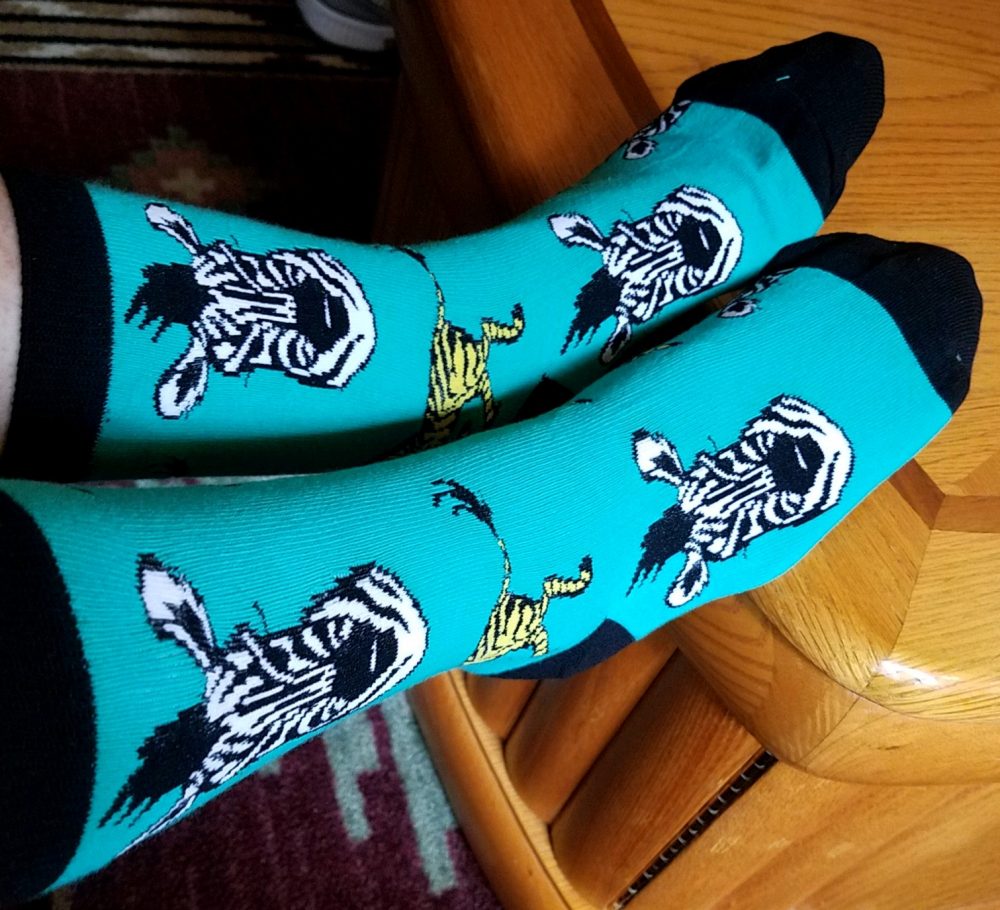
Picture via Rain Bennett
These stories are all different, but share one thing in common. Every single person in this series has said the same seemingly paradoxical (to us non-patients) statement:
“I feel like I have lived a fuller life since I’ve gotten diagnosed than I did before I had cancer.”
It’s a plea for us to live life like there’s no tomorrow. Because it damn sure isn’t guaranteed.
Maybe it’s that I lost my dad to cancer, or maybe it’s just that I want to help the world see the brighter side of shitty things. But for some reason, this is the life I’ve chosen and I love every laughter-filled, tear-shedding, love-spreading moment of it.
Xochi and I continued our friendship long after we released her story. She loved it and was truly grateful for what CCF and I created, but I think we were both just happy to know each other. She called me her brother and told me she loved me. I loved her back.
A month ago, I was running a crowdfunding campaign for my latest film, Finding Croatoan. She and Ellen both donated to the campaign and helped it become successful. I couldn’t imagine. There she was, health failing worse than ever before, tumors all over her body, still finding the time, energy, and money to donate to my little indie documentary.
Jesus, what a beautiful soul.
Just last week we were chatting over text message. I sent her a “thank you” gift for supporting my movie and requested a picture of her wearing the gift. She obliged.
They were a pair of funky zebra socks.
There’s an old saying in the medical community: “When you hear hoof beats, look for horses, not zebras.” It means to look for the simple solution first and not the exception to the rule. But neuroendocrine tumors are the “zebra,” and the community has adopted it as their mascot.
Xochi, you were exceptional. A true zebra. I love you, sis.
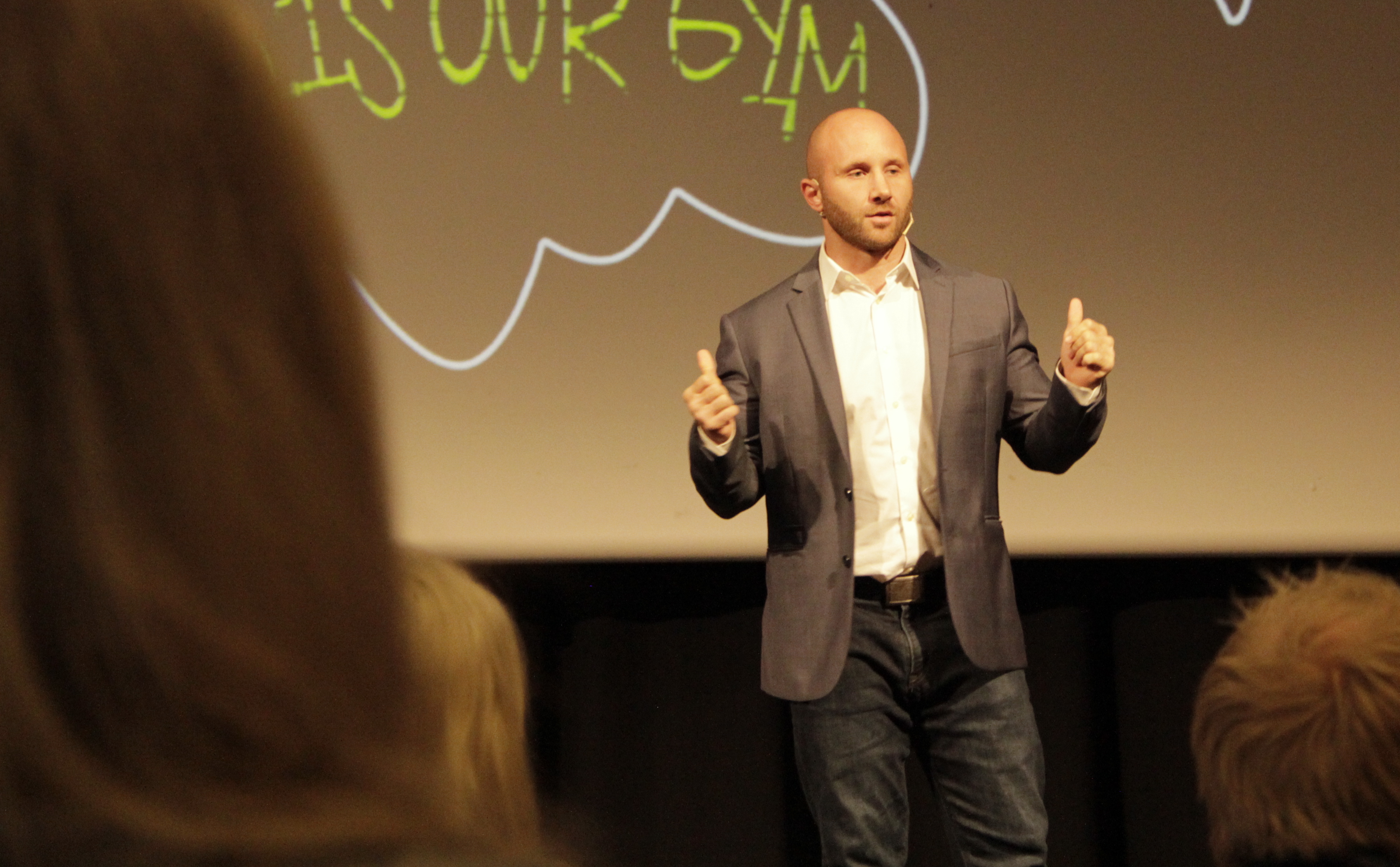
Picture via Rain Bennett
Rain Bennett is a two time Emmy-nominated filmmaker, fitness professional, public speaker, and writer. His mission is simple: to help people realize that they too can be great, no matter where they come from or what they start with. It just takes passion, persistence, and a plan.
Bennett directed and produced his first feature length documentary in true indie fashion by traveling the world with only a backpack and a Canon DSLR camera. That film, Raise Up: The World is Our Gym won “Best of the Fest” at the Hip Hop Film Festival NYC and received global distribution through Red Bull Media House. He’s been featured in publications like Men’s Health and Sports Business Global and is a regular contributor to Breaking Muscle. When he’s not making movies or training clients at Sync Studio in Durham, he’s hosting a new webseries called The Perfect Workout Show.

